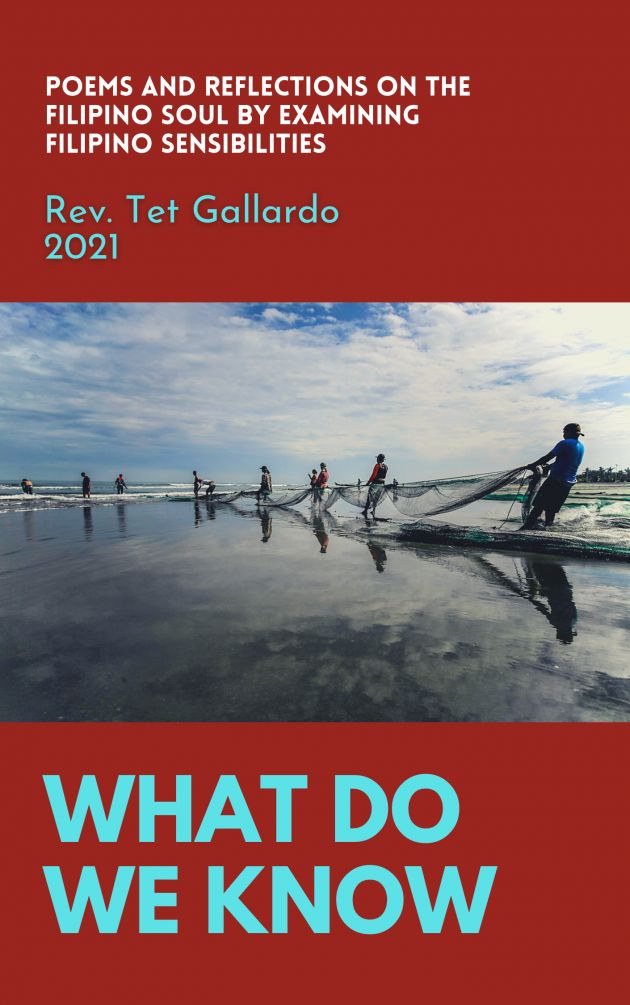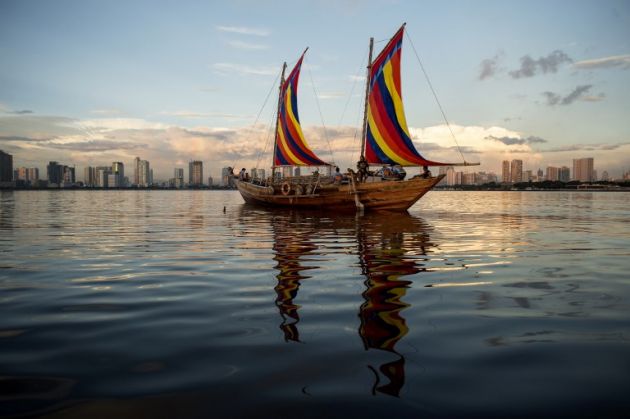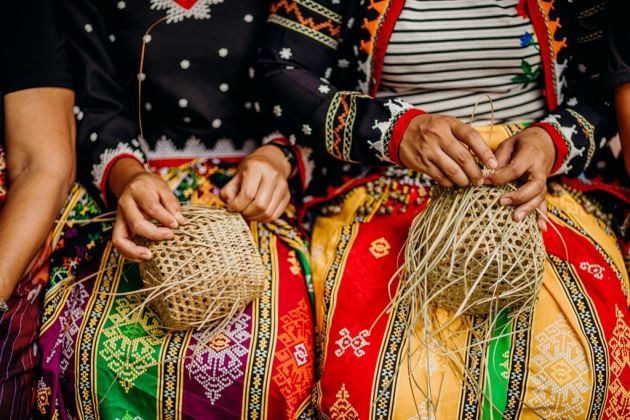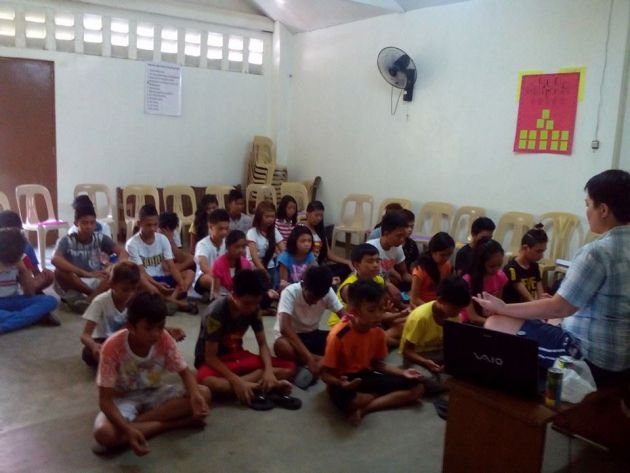Sponsor an Author’s Journey
Fundraising campaign by
Ma Theresa Jr Gallardo
-
₱0.00raised of ₱100,000.00 goal goal
No more donations are being accepted at this time. Please contact the campaign owner if you would like to discuss further funding opportunities
Campaign Story
I’m Rev. Tet Gallardo, turning 51 next week, president of the Unitarian Universalist Church of the Philippines and I identify as non-binary / trans, lesbian, Asian, Filipino of Spanish and Chinese descent, multi-religious (Buddhist, Muslim, Pagan, Christian). I feel the need to distinguish South Asians from white Asians who are mostly from Central Asia like the former Soviet republics and the Caucasus region.
I have begun an inquiry. I come with more questions than answers. And my main question is how much can Americans take credit for the history of liberal religion in the Philippines? There are three things we can examine: The theology, the culture, and political power (which we can manage better for formal power structures or covenanting or participating).
Filipinos are part descendants of Polynesians who have traveled farther and longer than Vikings have and who made family in places we have occupied. We were ancient cultural cross-polinators. So Filipino culture has remained open. Before we were colonized, we were already home to Indians, Persians, Chinese, Arabs, and Africans.
Filipinos settled in Louisiana even before it was part of the United States, our ancestors settled not just in Austonesia but even as far West as Madagascar. Mexico has been our sibling country since the galleon trades of the 16th century. The technology to make tequila was from Filipino coconut distillers and Filpino generals were part of the Mexican revolution against Spain, and Filipino farmworkers started the strike for Cesar Chavez. Indians and Filipinos also love each other dearly and you can find them hanging out together in many parts of the world.
These 7,641 islands have been occupied as far back as 700,000 years ago. We have more than 100 ethnicities and languages, cultures and rituals. For us the sea is not a barrier but a medium. We were never flat-earthers.
I need you to imagine the breadth of knowledge exchange that goes on in our culture: One person in every two families who is working abroad. Filipinos are in almost all countries in 6 continents mostly as engineers, nurses, teachers, highly-demanded seafarers, artists, and humanitarian volunteers and peacemakers. Do you see the trend of care in all these? The UNHCR cites the Philippines as a model for how to take in refugees as we have taken in Jews escaping the holocaust, half a million Vietnamese refugees, Russians, Burmese, etc.
Our culture is so open and porous, we fault ourselves for reverse colonialism, that everything foreign is more precious. No holy scripture or written theology was written about this. When we talk of religion, we don’t gloss over human rights. We cringe at the idea that basic human rights are called privileges in the US, just because only white people have them. We don’t look to government for our human rights, we look to one another, but now we are taught this inhuman dichotomy that some of us are rights holders and some are duty bearers.
Filipinos believe in justice. Only in a span of a 100 years, our revolutions were successful. From 1898 to 1998, we have kicked out Spain, America, Japan, Marcos the dictator, and Estrada the plunderer. We are not doormats. UN peacekeepers with Filipinos in the teams are more successful. Ships run with Filipinos critical in the crew. Our civic religion is care. LGBTs are so welcome in the culture but not so much in theology. Dancing and singing are Filipino behaviors that are given permission to blossom from a young age but not mainstream in religious practice.
What then can we credit Americans for? This isn’t very clear unless we just credit the building of institutions like the church, with all the trappings of linear authorities at the expense of the values of flow and process that persist from Taoism, which is whitewashed as “process theology”. We can get so mentally hijacked by corporate culture that way, building systems of scarce credibility and very little trust. We are the fourth largest English speaking country in the world.
It seems we’ve created a church that is open to beliefs but intolerant of cultural sensibilities. We say we have humanism at the heart of our faith but we seem overrun by practical nihilists. Our ways discriminate against praxis to extol intellectual theories such that we on the ground who create the experiences for your study will now have to study what you studied to gain credibility. Don’t get me wrong I know how praxis leads to theory and vice versa, but financial rewards don’t seem to reflect that.
Now, how are we defining religions vis-a-vis cultures? Can we speak of our religion without speaking to our culture? When we get lost in our ideas at the expense of lives impacted by them, can we not look East to learn how practices and disciplines may ground those ideas? For instance, happiness is such a way of life in the Philippines because we have this idea that people who still know how to be happy will not forget how it is to be free.
When we try to discover the location of our story, we go East vs West or North vs South. But sadly, much of the stories in the West stops at the West and this breeds a lot of ignorance on existing sensibilities that could provide freedom from the problems in the West. Many Westerners do look East in adapting practices but are not respectful of the Eastern religions and either whitewash them or commit cultural appropriation.
And here is an attempt to let us speak for ourselves. We who live these lives must speak about the lives and not be spoken for only by those who study us.
Organizer
- Ma Theresa Jr Gallardo
No updates for this campaign just yet








